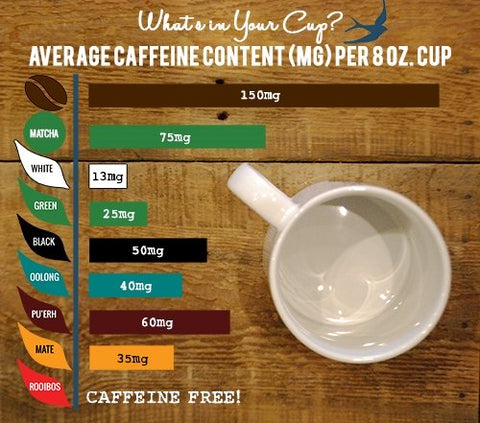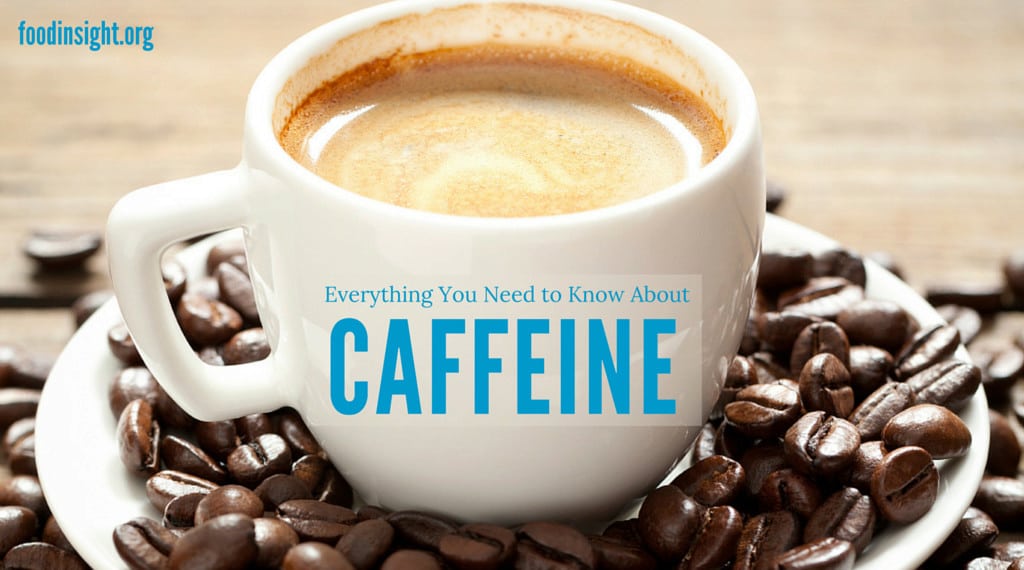

When it comes to caffeine content, one cup of pure green tea typically contains about 25 milligrams of caffeine per serving.
GREEN TEA CAFFEINE FREE FREE
Is decaffeinated green tea a healthy option?Īlthough decaffeinated green teas aren't free from caffeine, they have lesser caffeine content which makes them a healthier alternative. It is not only loaded with antioxidants it is known to improve brain function, help with weight loss, and protect against cancer. In spite of being a caffeinated beverage green tea is lauded to be one of the most nutritious beverages out there. How much caffeine is in a cup of coffee? FAQs Moreover, women who are pregnant or breastfeeding should be mindful of their caffeine content.ĪLSO READ: How much caffeine is too much caffeine? For people who have severe conditions like migraine, GERD, insomnia, or heart-related issues you should steer clear of any caffeinated beverage at all. Also, as compared to other caffeinated beverages, it's as low as it gets. Overall, caffeine in green tea is nothing to worry about when it comes to incorporating it into a healthy adult’s routine. However, if you want to steer clear of any negative effects whatsoever you must limit it to 200 mg at a time. For healthy adults, the safe limit for caffeine consumption is around 400 mg per day. Green tea has very limited caffeine content. If you have been consuming caffeine in moderate amounts, it is nothing to worry about. Here is a list:Ĭaffeine is widely used as a stimulant. It is not only loaded with antioxidants it is known to improve brain function, help with weight loss, protect against cancer and deliver several more health benefits. Other caffeine management tricks include: However, you can even switch to other caffeine-free beverages like herbal tea. There are green tea brands out there that do not contain any caffeine. If you want to consume zero caffeine, the only trick is to read the labels before picking the products. Here is a list of some popular green tea and caffeine in green tea.Īgain, the amount of caffeine also varies with the serving size, proportion of water and tea, brewing time and so much more. However, there are different types of green tea and each one has different caffeine content. (8-ounce serving) Because, it's 1/4th of the caffeine content in a typical cup of coffee, it's usually considered low on caffeine. Here is a list that clarifies and compares caffeine content in common beverages,Ĭlearly, green tea contains around half the quantity of caffeine as other beverages like coffee and black tea. A number of food items and beverages have caffeine content, such as coffee, tea, green tea, chocolates, sodas, and even certain gums and candies. Although if consumed in moderation, caffeine has a number of health benefits, overconsumption can lead to restlessness, headaches, acidity, insomnia, or an uneven heartbeat.

Typically, people incorporate it into their diets to boost alertness and fight any fatigue. It serves as a natural stimulant for the nervous system. Green tea does contain natural caffeine.Ĭaffeine is a natural chemical that’s typically found in the leaves, beans, and fruits of over 60 plants. Green tea has had a reputation for being super-healthy which might have led to this common myth that green tea is naturally caffeine-free. Different green teas have different flavors and benefits. There are different types of green tea, like matcha, dragon well green tea, gunpowder, and sencha. Green is flooded with health benefits and is recommended by several health experts. Typically cultivated in China and Japan, green tea has gained global recognition when it comes to healthy beverages. Green tea is a potentially healthy type of "true tea" that’s made up of the leaves of the tea plant called Camellia sinensis. Caffeine in green tea: What Is Green Tea?


 0 kommentar(er)
0 kommentar(er)
